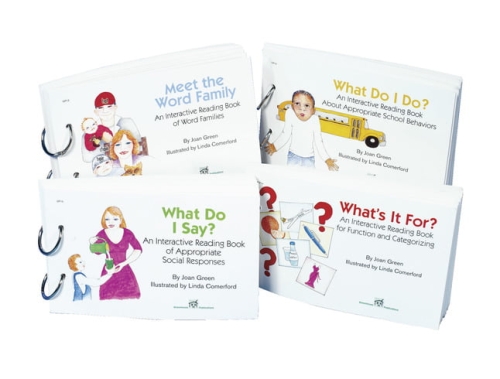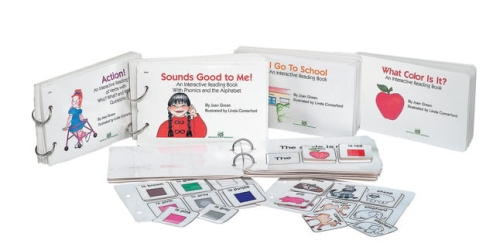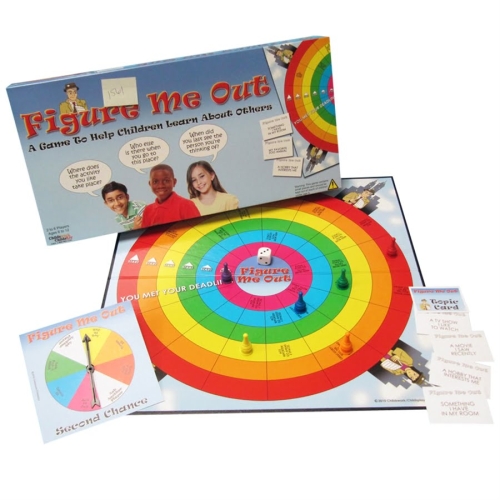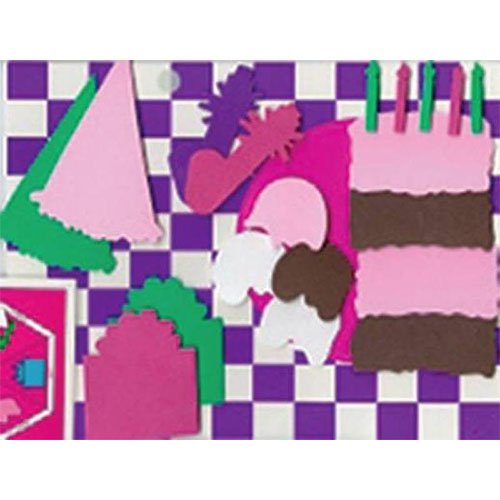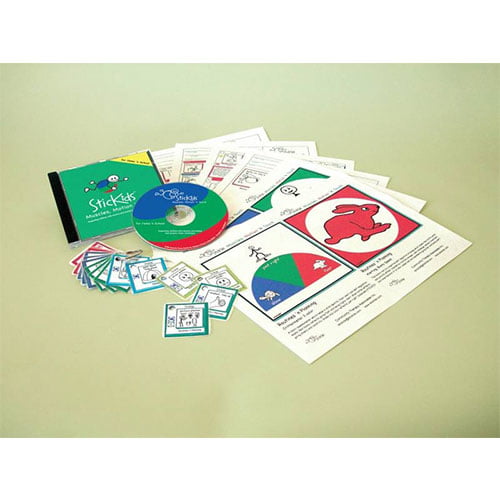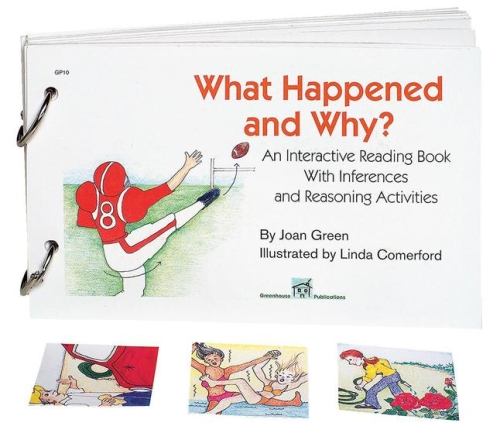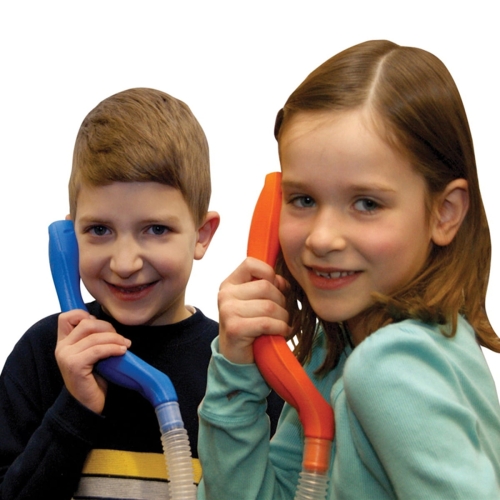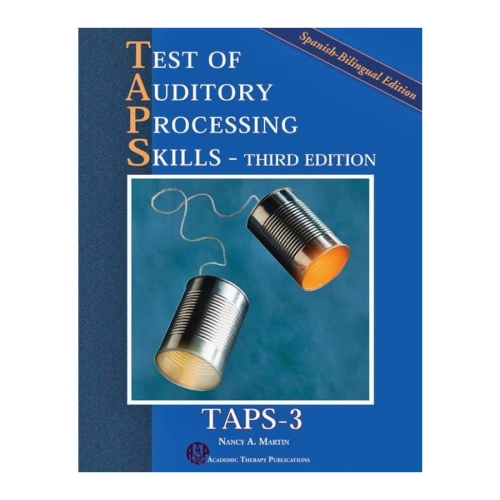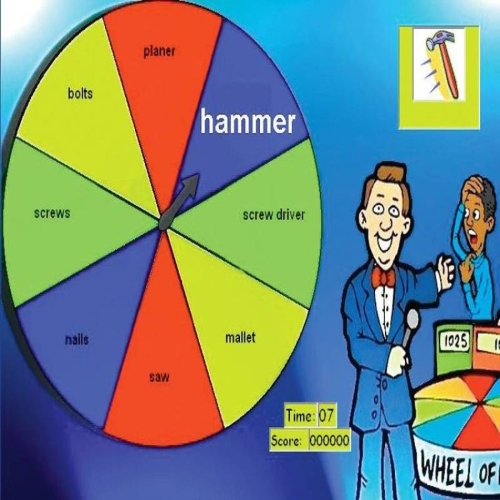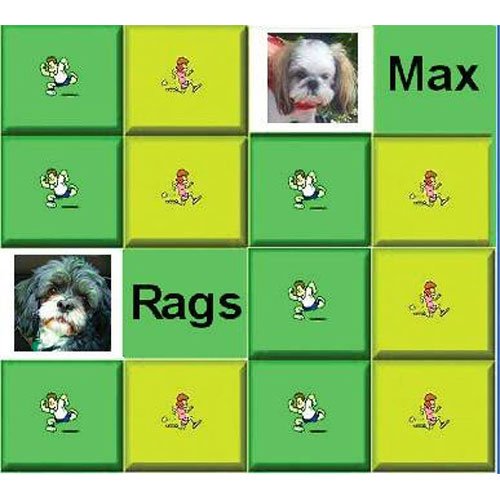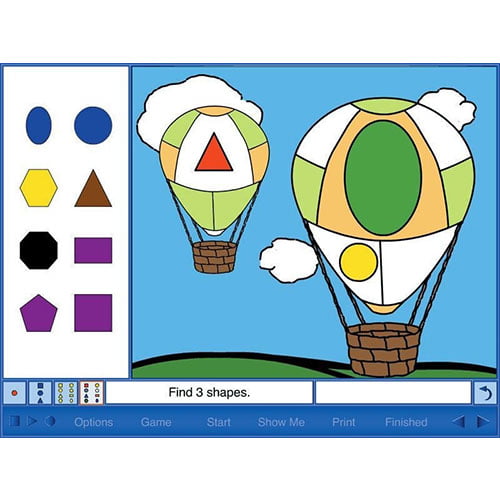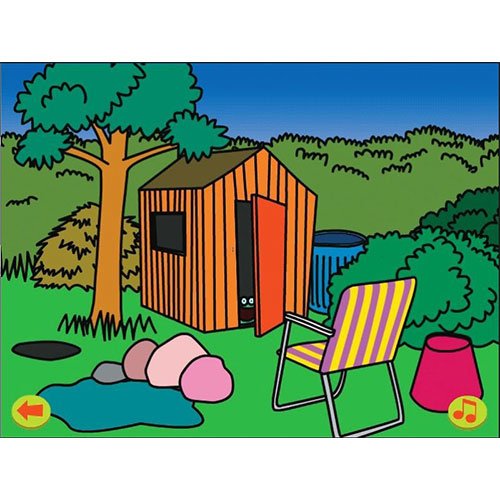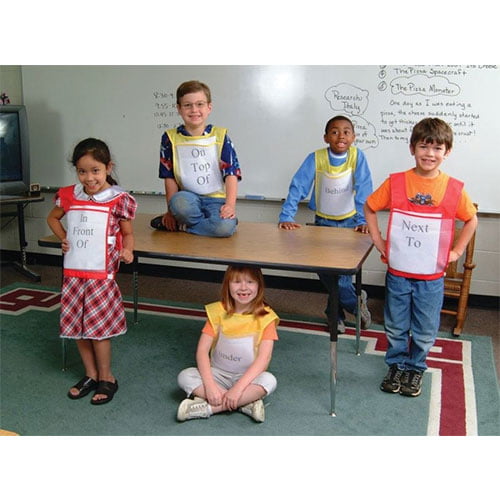-
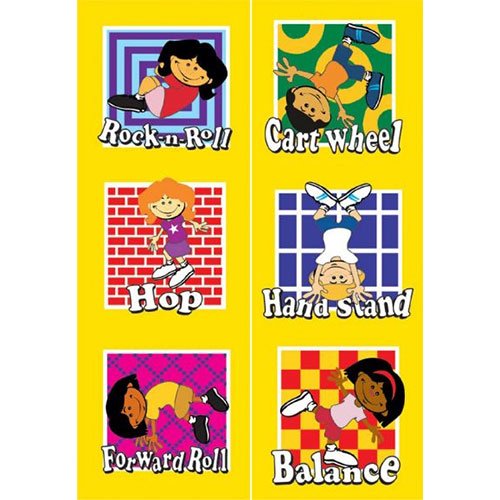 Not Eligible for Free ShippingGymnastic Learning Cube
Not Eligible for Free ShippingGymnastic Learning Cube -
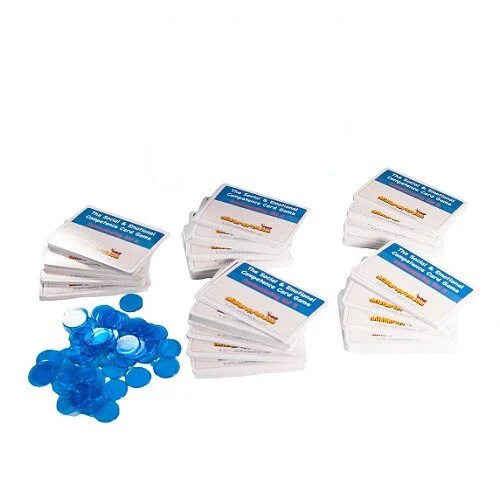 The goal is to educate players about a specific disorder and provide skills for managing the disorder. There are five decks of cards, one for each disorder: Anxiety, Depression ADHD, Asperger's, and Bipolar Disorder. Blank cards are included so that counselors/teachers can write their own questions or comments. The game includes 5 sets of cards (54 cards in each set), directions, and a bag of chips. Children with weak or emerging reading skills can have the cards read to them.
The goal is to educate players about a specific disorder and provide skills for managing the disorder. There are five decks of cards, one for each disorder: Anxiety, Depression ADHD, Asperger's, and Bipolar Disorder. Blank cards are included so that counselors/teachers can write their own questions or comments. The game includes 5 sets of cards (54 cards in each set), directions, and a bag of chips. Children with weak or emerging reading skills can have the cards read to them. -
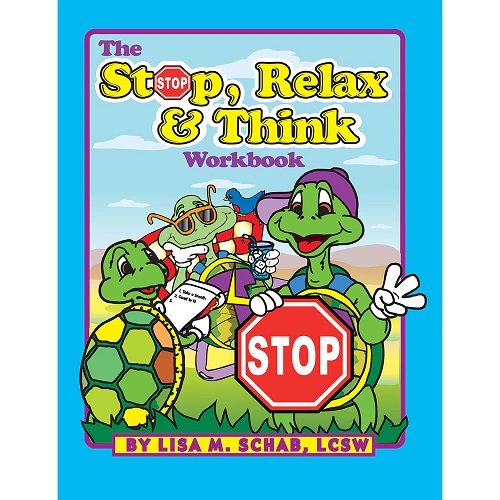 Written by Lisa M. Schab, LCSW. This workbook is designed to help children in general - and impulsive children especially - learn the cognitive, physical, and emotional skills they need to determine and use appropriate behavior across a variety of settings. This workbook contains more than 60 paper-and-pencil activities that teach children such important skills as thinking about consequences, staying focused and completing a task, engaging in quiet activities without disturbing others, and more. Each of the eight sections of the book contains fun activities, puzzles, and games that help reinforce these essential behavioral skills. 85 pages, spiral-bound.
Written by Lisa M. Schab, LCSW. This workbook is designed to help children in general - and impulsive children especially - learn the cognitive, physical, and emotional skills they need to determine and use appropriate behavior across a variety of settings. This workbook contains more than 60 paper-and-pencil activities that teach children such important skills as thinking about consequences, staying focused and completing a task, engaging in quiet activities without disturbing others, and more. Each of the eight sections of the book contains fun activities, puzzles, and games that help reinforce these essential behavioral skills. 85 pages, spiral-bound. -
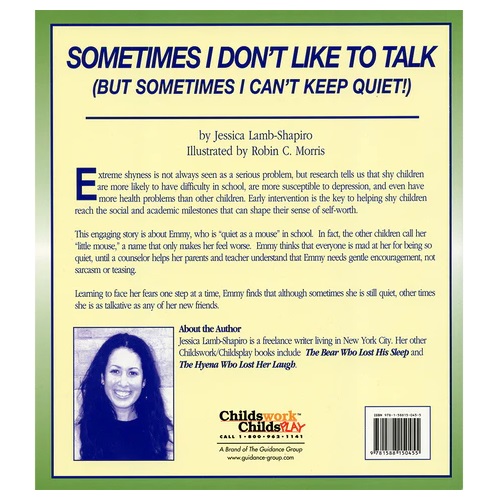
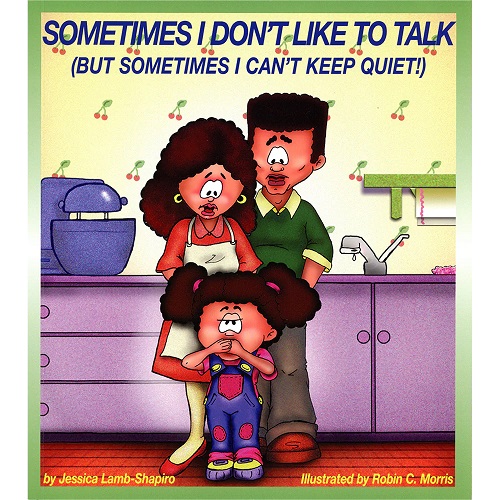 Extreme shyness is not always seen as a serious problem, but research tells us that shy children are more likely to have difficulty in school, are more susceptible to depression, and even have more health problems than other children. Early intervention is the key to helping shy children reach the social and academic milestones that can shape their sense of self-worth.
Extreme shyness is not always seen as a serious problem, but research tells us that shy children are more likely to have difficulty in school, are more susceptible to depression, and even have more health problems than other children. Early intervention is the key to helping shy children reach the social and academic milestones that can shape their sense of self-worth. -
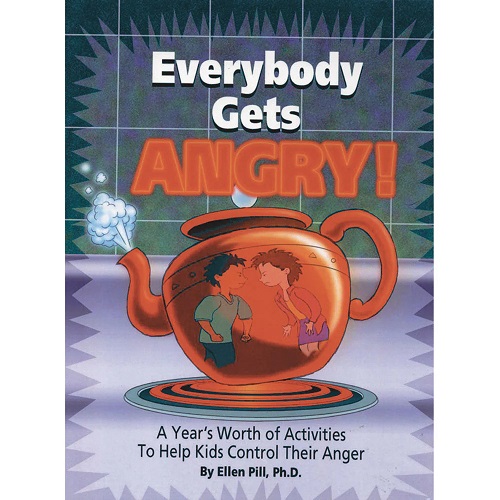 This fun-filled book is packed with 52 reproducible activities to help youngsters learn to identify, understand, express, and cope with their angry feelings. The hands-on activities use art, music, drama, and movement and are designed to get kids thinking about their own anger cues and the way in which they express their anger. You won't run out of activities to help youngsters focus on gaining control of their anger before it takes control of them.
This fun-filled book is packed with 52 reproducible activities to help youngsters learn to identify, understand, express, and cope with their angry feelings. The hands-on activities use art, music, drama, and movement and are designed to get kids thinking about their own anger cues and the way in which they express their anger. You won't run out of activities to help youngsters focus on gaining control of their anger before it takes control of them. -
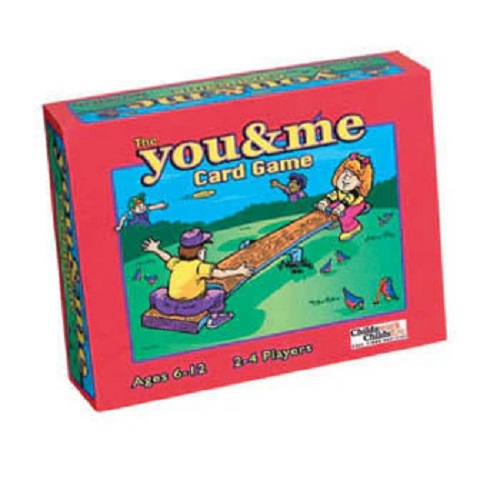 Created by Lawrence E. Shapiro, Ph.D. This card game is designed to simulate a standard 52-card deck - with a twist! Instead of numbered cards there are 13 different children and instead of the four traditional suits there are four social skills areas - Having Fun, Inviting a Friend, Talking, and Solving a Problem. As children play the game, they make up stories that demonstrate social awareness using the 13 different character cards. The instructions suggest four ways to play, but these entertaining cards can be used in dozens of other creative ways.
Created by Lawrence E. Shapiro, Ph.D. This card game is designed to simulate a standard 52-card deck - with a twist! Instead of numbered cards there are 13 different children and instead of the four traditional suits there are four social skills areas - Having Fun, Inviting a Friend, Talking, and Solving a Problem. As children play the game, they make up stories that demonstrate social awareness using the 13 different character cards. The instructions suggest four ways to play, but these entertaining cards can be used in dozens of other creative ways.

